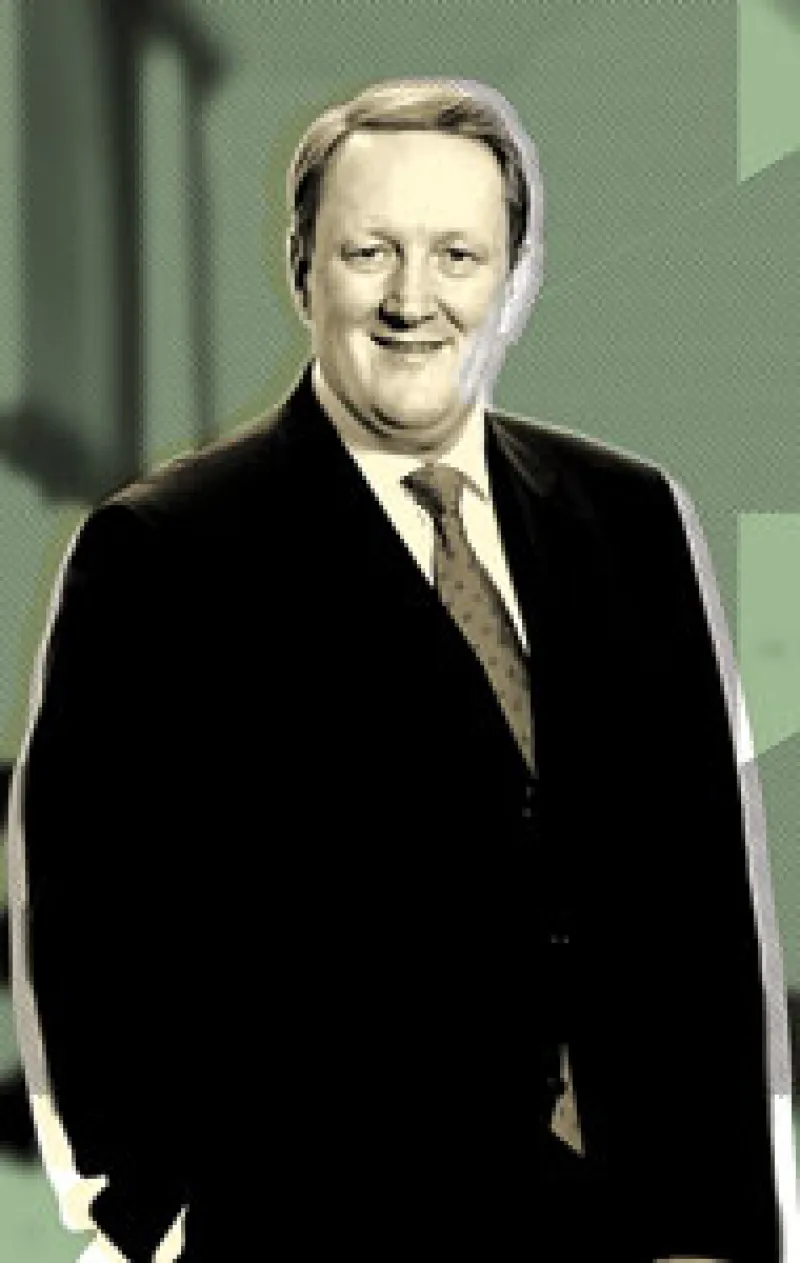
European CEOs Are Taking Charge
Europe's Best CEOs move decisively to fit their companies to today's recessionary realities while remaining poised to profit from an economic upturn. The region's top CEOs, such as SKF's Thomas Johnstone, are stepping up their dialogues with shareholders and customers.
William Boston
June 5, 2009


